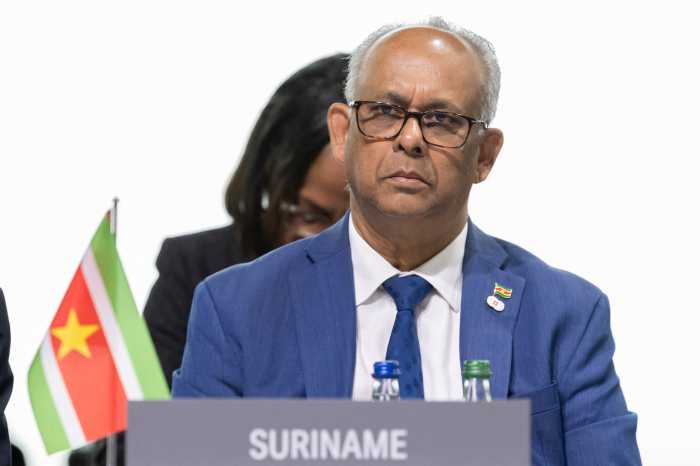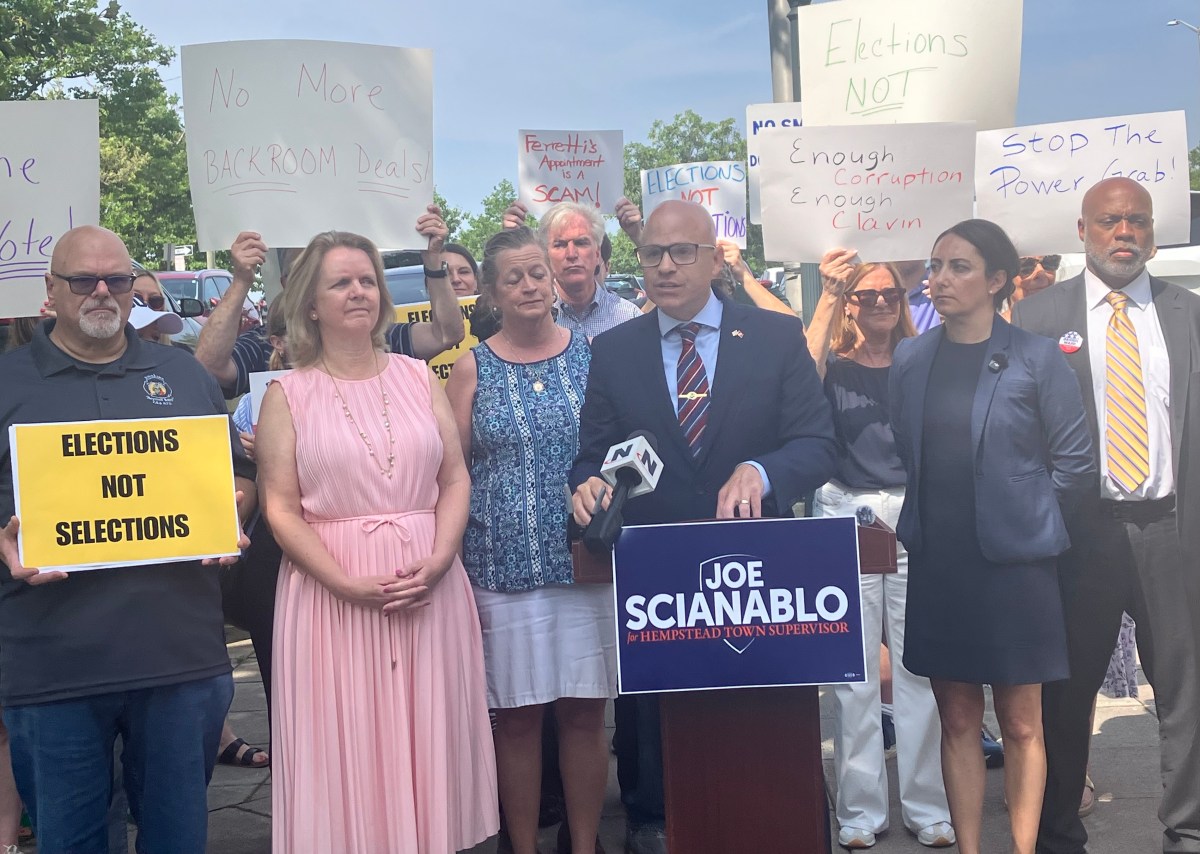Bahamas
Prime Minister Dr. Hubert Minnis says he is awaiting the release of the report by The Bahamas National Commission on Marijuana as he continued to express support for the decriminalization of small amount of the drug for medicinal purpose.
He said in a statement: “Our laws regarding the possession of small amounts of marijuana have unfortunately led to the arrest, prosecution, conviction and punishment of many Bahamians. Some of these people have been burdened with criminal records, making travel and finding work more difficult.”
He said reforming the marijuana laws and changing how the country treats people with small possession convictions is a matter of social justice.
Dr. Minnis said the government will use the report’s findings to help reform the marijuana laws.
He said that this reform should be expunging the records of Bahamians convicted of small amounts of marijuana, adding that he has witnessed how “our current laws especially harm young people from modest background”.
Caribbean
A senior United Nations for Population Activities (UNFPA) official said there is a growing problem of gender-based violence in Trinidad and Tobago, Guyana and Jamaica.
UNFPA Caribbean director, Alison Drayton, who recently attended the Nairobi Summit on the International Conference on Population and Development (ICPD), said that there is need for different strategies to counter this practice in the Caribbean region.
Drayton said gender-based violence has harmful and lasting consequences for victims, families, communities and nations.
“The realization of this increase is starting to change perceptions of the need to look at the region in a different way,” she said, adding “that it is an uphill task.”
Gender-based violence is one of five themes of the Nairobi Summit, which has been convened to mobilize the political will and financial commitments urgently needed to finally and fully implement the ICPD Program of Action.
Gender-based violence includes physical, sexual, verbal, emotional and psychological threats and economic or educational deprivation.
This year marks the 25th anniversary of the ground-breaking International Conference on Population and Development (ICPD), which took place in Cairo in l994.
At that conference, 179 governments adopted a program of action, recognizing that productive health, women’s empowerment and gender equality are the pathway to sustainable development.
Guyana
Director General in the Ministry of the President, Joe Harmon recently announced that he is no longer the holder of United States citizenship.
Harmon was among four government ministers who were forced to resign from Parliament and their ministerial portfolio after the court reaffirmed it is illegal for the holder of dual citizenship to serve in the Guyana Parliament.
The constitution has always been clear on the issue, but it was ignored by all of the political parties in Parliament, as both MPs on both sides had dual citizenship.
During a recent news conference, Harmon disclosed that he applied to relinquish his US citizenship and was informed in early October that the application had been approved.
With Harmon relinquishing this US citizenship, the way is now clear for him to be a candidate on the coalition’s list for the March 2020 general election.
He served as minister of state before he was forced to resign from the position after the court’s ruling.
He is the second former minister of government to relinquish foreign citizenship.
Jamaica
The Bureau of Standards Jamaica (BSJ) is carrying out an assessment to determine the food labeling model that will work best for the country, as the government moves closer to making front package labels mandatory in Jamaica.
Senior Standards and Certification Officer at the BSJ, Phillipa O’Connor, said at least six models are being examined by the entity.
She said that the committee established to review the standard governing food package labeling in Jamaica has generated a draft standard on front of package labeling, which is to be finalized, following the conclusion of stakeholder discussions now underway.
She said the draft is very far reaching and all key stakeholders, including manufacturers, exporters and the Scientific Research Council, are heavily involved in the process.
O’Conner noted that front package labeling was first presented to local stakeholders in August and the draft standard was made available for public comment between October 2018 and February 2019.
She noted that the long-term goal of the BSJ, through front of package labeling, “is that we want to reduce the incidence of non-communicable diseases and obesity.
Grenada
Grenadians will have to dig deeper into their pockets next year to pay for water.
The National Water and Sewerage Authority will be applying for new rates in 2020 for both residential and commercial consumers.
The announcement was made by Public Utilities Minister, Gregory Bowen in his contribution in the 2020 budget debate recently.
Bowen said over the years the statutory body has embarked on several initiatives and projects that have increased its expenditure and as a result, there is a need to increase its revenue base to maintain and sustain its operations.
Among the initiatives is the regularizing of some workers in 2018: constructing a new administrative headquarters and increasing storage facilities in many communities.
The last increase was in 2010.
Bowen said that despite the increase, Grenada remains among the lowest in the Organization of Eastern Caribbean States (OECS) sub region as there are islands where the first 1,000 gallons cost as much as EC$21.
The lowest in the region is St. Vincent and the Grenadines where the rate is EC$6.50 for the first 1,000 gallons. A consumer in Grenada currently pays EC$8 for the first 1,000 gallons of water.
Bowen said the low domestic users who paid before EC$16.47, they will now be asked to pay $19.28, an increase of $2.81; and for the others it will be EC$5 for those in the $30 bracket, and those in the EC$60 bracket the rate will increase by EC$10.
Trinidad
A Trinidad team of home builders are holding talks with the government of Antigua and Barbuda to build houses, using an advanced method which would make homes affordable to citizens.
A statement from the Gaston Browne administration said, “the businessmen reported on their company’s history in Trinidad and Tobago and the financing arrangements which their company undertook with the Trinidad and Tobago government.” The statement did not name the businessmen.
It said Minister of Housing, Maria Browne probed the potential investors further in order to elicit greater clarity, especially as it pertains to cost, size, capability and climate resilience.
The statement said that under the Caribbean Community (CARICOM) Single Market and Economy (CSME), all firms that are of CARICOM nationality are free to explore business possibilities in all CARICOM states.

























